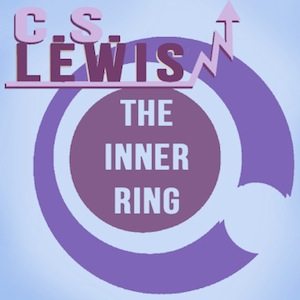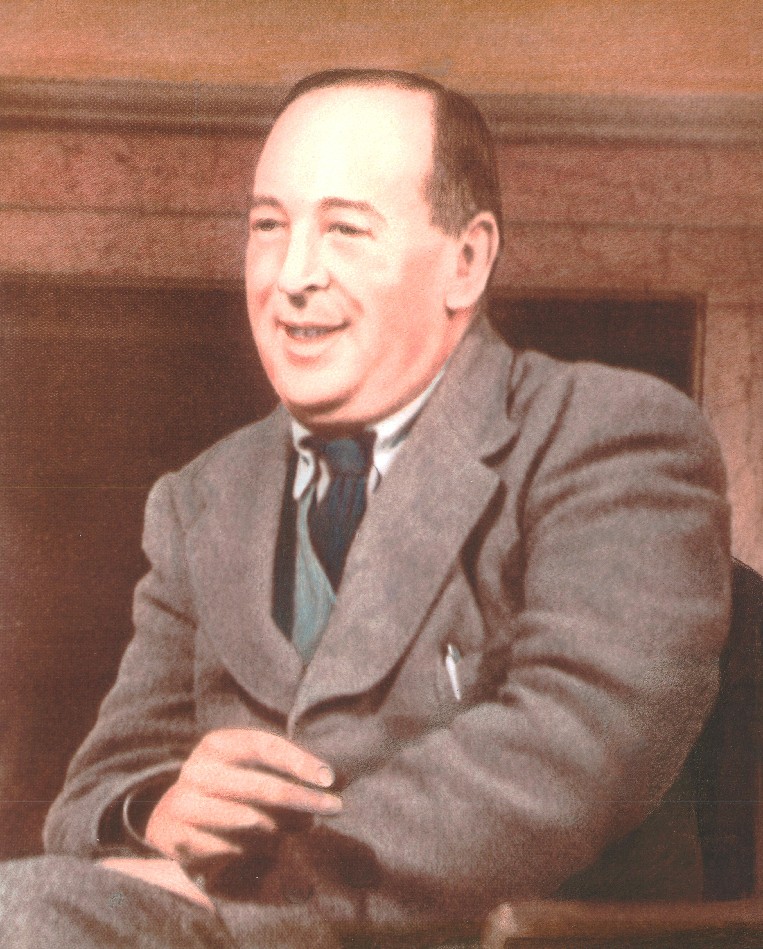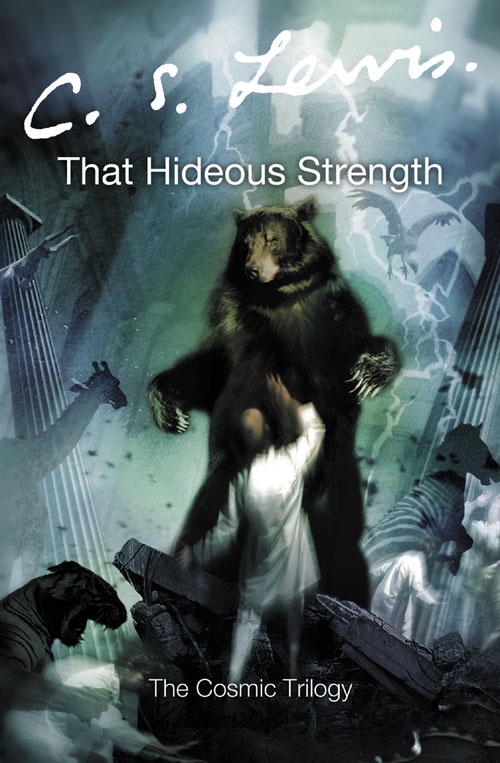How does one rank C. S. Lewis’s essays? Which ones are the best and why? Just as with his books, answers will differ depending on one’s personal history, the baggage one must deal with, and the bent of one’s intellectual curiosity. Those all come together for me in appreciation for “The Inner Ring,” which was a lecture Lewis gave to King’s College, in the University of London, in 1944.
What is an Inner Ring? It’s a group that one perceives as those “in the know,” and that has a particular fascination for those who want to feel “included.” The sense of being left out of the circle of what we may think are the really important people is quite a pull on our lives. We want to be significant, and admittance to this “Inner Ring,” we hope, will grant us significance.
We all feel this temptation, I’m sure. Some of us feel it more than others. Lewis recognizes this when he says,
I believe that in all men’s lives at certain periods, and in many men’s lives at all periods between infancy and extreme old age, one of the most dominant elements is the desire to be inside the local Ring and the terror of being left outside. This desire, in one of its forms, has indeed had ample justice done to it in literature. I mean, in the form of snobbery. Victorian fiction is full of characters who are hagridden by the desire to get inside that particular Ring which is, or was, called Society.
But it must be clearly understood that “Society,” in that sense of the word, is merely one of a hundred Rings and snobbery, therefore, only one form of the longing to be inside.
One can be free from that specimen of snobbery, Lewis argues, but still be “devoured by the desire in another form.” The “high life” symbolized by the Victorian era may be the opposite of what some seek in an Inner Ring. A duchess offering an invitation to a party “would be very cold comfort to a man smarting under the sense of exclusion from some artistic or communist coterie.” That type of person couldn’t care less about mixing with government officials or other power brokers in politics or business. Rather, he may want instead “the sacred little attic or studio, the heads bent together, the fog of tobacco smoke, and the delicious knowledge that we—we four or five all huddled beside this stove—are the people who know.”
Lewis then offers the balance: not all Inner Rings are evil or the result of a wrong desire. Take personal friendships, for instance. One only need read his exposition on that in The Four Loves to know it’s not inherently wrong to have a small group of people with whom one can exchange thoughts that wouldn’t be as meaningful to those outside this “ring.” What were the Inklings if not a type of Inner Ring? Yet it was a Ring that invited others to participate, if they truly sought to do so. It wasn’t exclusive in the wrong sense.
Academia itself has its appeal to being part of a circle that others don’t share. When I first earned my doctorate and obtained my first professorship, it felt good to be part of the academic world where I could speak with others on an equal plane. Currently, much of my academic interest lies within the Lewis Ring, if I may call it that. This blog post will be shared on a number of Lewis-centered Facebook pages. I do so because I desire to be part of this specific group of people who have the same interest as I do. There’s nothing at all wrong with that.
Yet after identifying the balance, Lewis returns to the heart of the problem:
But the desire which draws us into Inner Rings is another matter. A thing may be morally neutral and yet the desire for that thing may be dangerous. . . .
Let Inner Rings be an unavoidable and even an innocent feature of life, though certainly not a beautiful one; but what of our longing to enter them, our anguish when we are excluded, and the kind of pleasure we feel when we get in?
Perhaps Lewis’s best illustration of the pitfalls of this desire can be found in That Hideous Strength in the person of Mark Studdock. At first, he thirsts for the Inner Ring at his college, and as he finds himself finally granted entrance, he looks down on faculty members who are not part of those “in the know.” But then, as he awakens to the possibilities of what the N.I.C.E. can offer him, he looks back on the college Inner Ring as a notch below his new one. He sees himself as special; his arrogance grows.
His rapid descent from this illusion is a major feature of the novel. This is Lewis commenting, via fiction, on what he is talking about in “The Inner Ring.” Fiction often helps solidify the didactic approach.
Before he ends the essay, Lewis repeats his warnings:
Unless you take measures to prevent it, this desire is going to be one of the chief motives of your life, from the first day on which you enter your profession until the day when you are too old to care. . . .
And you will be drawn in, if you are drawn in, not by desire for gain or ease, but simply because at that moment, when the cup was so near your lips, you cannot bear to be thrust back again into the cold outer world. . . .
As long as you are governed by that desire you will never get what you want. You are trying to peel an onion; if you succeed there will be nothing left. Until you conquer the fear of being an outsider, an outsider you will remain.
The essay ends with Lewis concentrating on young people specifically, those who are “entering on adult life” and to whom “the world seems full of ‘insides.'” All of those “delightful intimacies and confidentialities” await. “But if he follows that desire he will reach no ‘inside’ that is worth reaching. The true road lies in quite another direction.” This is what Lewis himself discovered in his search for joy. Joy was not the object; God was. No Inner Ring can ever satisfy; only God can. Being with Him is the only genuine Inner Ring—and it is eternal.



